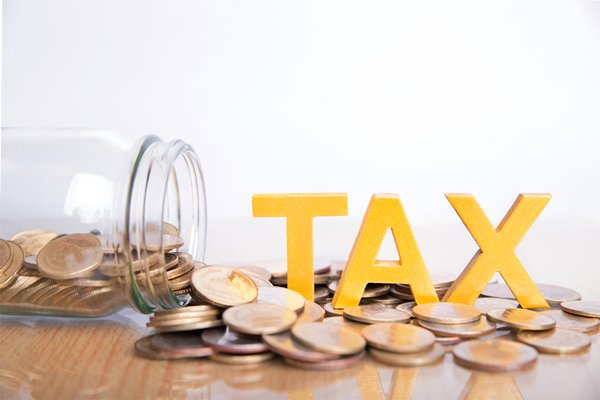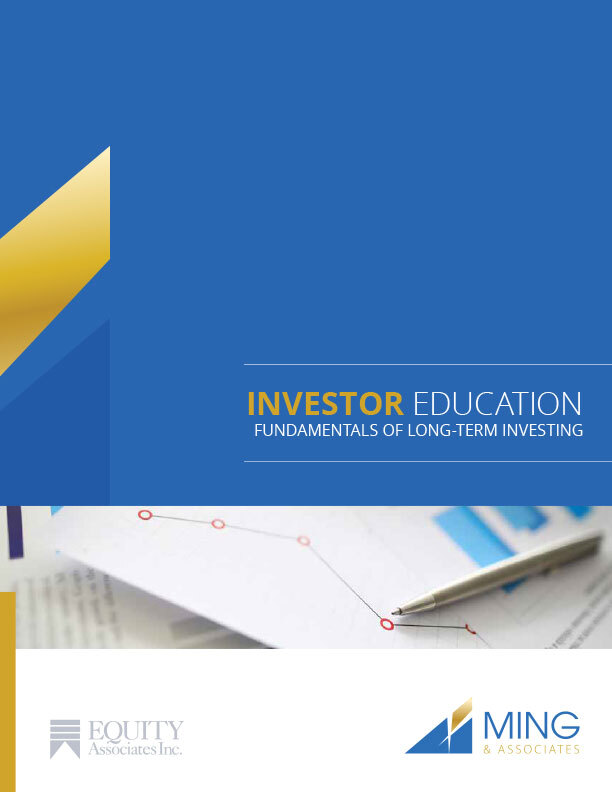Income tax season is now upon us… the time of year where your mailboxes have filled up with tax slips and receipts as you gather your documents to prepare your 2020 tax returns. We can hear the angst in client’s voices when they ask our advisors “so, do I owe more money!?”
No one should want to pay more tax than they have to, but unfortunately by this point of the year there is not much you can do to change your 2020 tax situation. The good news? You have the year ahead to set yourself up for a more favourable income tax situation in 2021. Consider;
Maximizing Registered Retirement Plan (RRSP) Contributions
Consider contributing to your registered retirement savings plan as contributions are tax deductible at your highest tax rate. This can add up to huge tax savings throughout your working career. On top of that, all growth from investments inside an RRSP are sheltered from taxes each year, and withdrawals are then taxed as income in the year you withdraw money (usually in retirement when your tax rate is considerably lower).
We understand it can be tough to come up with a large cash contribution at the end of the year to deposit into your RRSP. Consider working with your financial advisor to decide on an RRSP contribution amount and set up automatic contributions of a smaller amount on a regular basis (bi-weekly or monthly).
Tax Free Savings Account (TFSA)
Contributions to a TFSA are made with after-tax dollars, so there is no immediate tax savings to you. However, all investments inside a TFSA grow on a tax-free basis, which allows you to fully compound your money over many years. Withdrawals from a tax-free savings account are easily accessible and tax-free, this means it will not count as taxable income in the year it is withdrawn.
Make sure any Non-Registered (Open) Investments are tax efficient
If you have maximized your contribution limits in your registered accounts, additional investments are held in ‘Open’ accounts. Contributions and withdrawals of principal are not subject to income tax. You will be taxed on any growth and income generated in the account. The three main types of investment growth are interest (100% taxable), dividends (68% taxable), and capital gains (50% taxable). This means if you are holding investments such as Guaranteed Investment Certificates (GICs) or other interest-bearing securities, 100% of your interest is taxable income. Many investors pay unnecessary taxes each year and we find many investment plans are not designed to be highly tax efficient. Most people only focus on gross return, it is important to work with an advisor to focus on net (after-tax) return and optimize your investment plan.
Professional Advice
Work with your financial advisor or tax specialist to file your tax return. There is a good chance they may uncover opportunities to increase your tax savings and add a level of efficiency to your tax planning, such as maximizing income splitting with spouses in retirement, collecting pension credits, deducting home office expenses, and more.
File your taxes on time
Individuals who file their income tax late and have a balance owing to the Canada Revenue Agency (CRA) will be subject to a late filing penalty. The penalties are 5% of your balance owing, plus 1% of your balance owing for each month the return is late, up to a maximum of 12 months (with higher penalties if you are late in a subsequent tax year).
Nearing Retirement? Consider Delaying CPP and/or OAS.
You have a few options to reduce your taxable income in retirement such as drawing down RRSPs early, delaying CPP and/or OAS, and more. For more information on this topic consider downloading our retirement guide found here.

